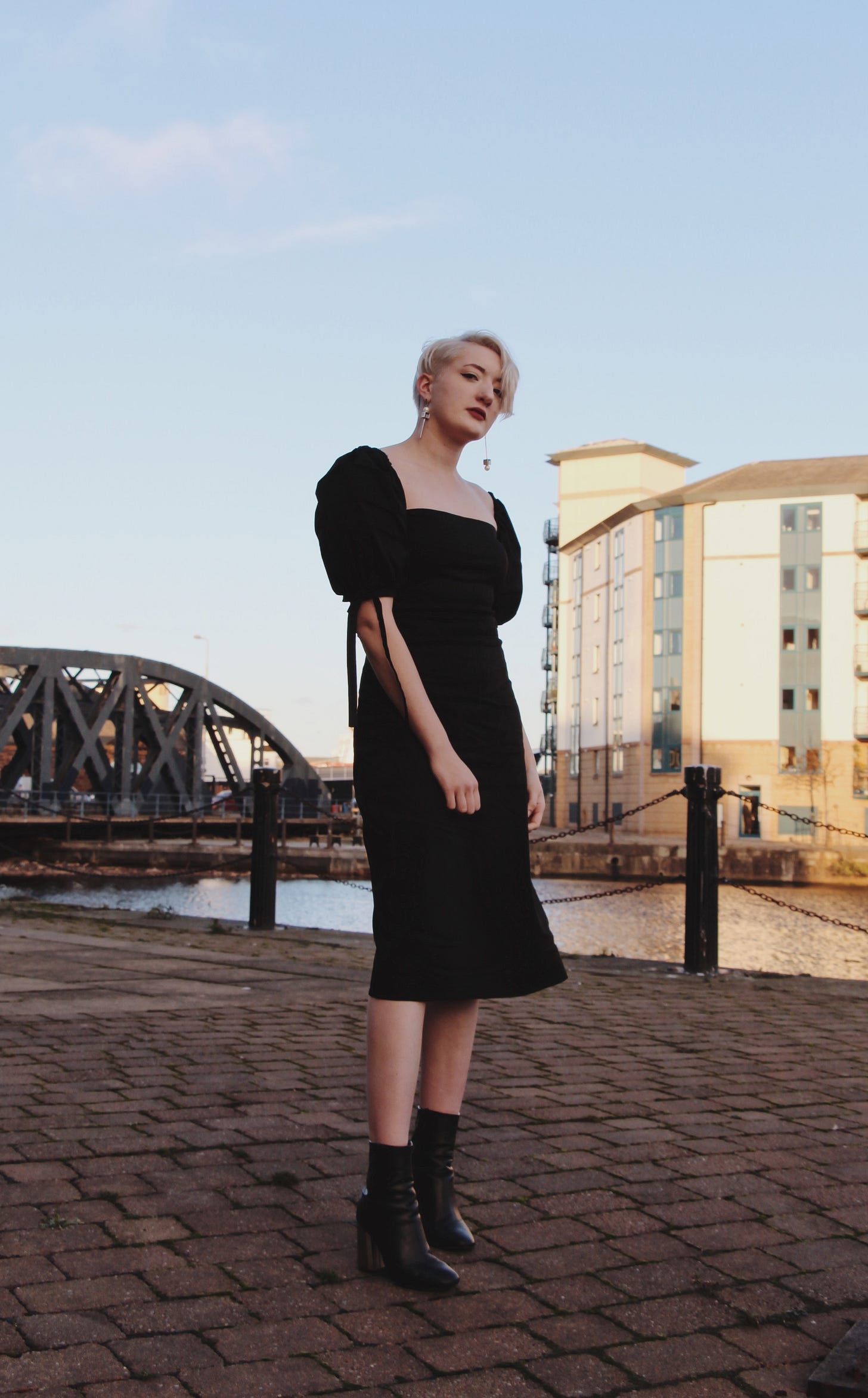Worker's Rights
How much is being done to protect the most vulnerable people in the supply chain?
After Rana Plaza, we - the creators, the consumers, the policymakers, the brands - rose up. This was unacceptable, we said, and it would never happen again, we said.
This new utopian vision, where garment workers no longer had to die for fashion, remains a utopia. By definition, imaginary.
Amidst uncertainty about the future of the Bangladesh Accord (once hailed the savior of worker safety in fashion’s mecca of cheap labour), dozens more factory disasters are striking around the world at a dizzying rate. Back in December, 43 garment workers were killed in a handbag factory fire in India, and less than 2 weeks ago, another Indian factory fire needlessly killed 7 workers who had no safe access to a fire escape. This factory was manufacturing denim products for brands like Zara, Tommy Hilfiger and Target.
Writing this on my way back from London Fashion Week where environmental sustainability was (rightly) given the spotlight, I fear that the most vulnerable people in the supply chain are yet again being forgotten in the conversation around sustainable fashion. We cheer at big brands for switching (a tiny proportion of) their fabrics to organic or recycled, ignoring the human hands that stitch those organic or recycled clothes, ignoring how much they were paid to keep those sustainable options ‘accessible’ and ‘democratic’. We weep at bushfires, but brush factory fires aside. We celebrate the transition to sustainable cotton (as highlighted in Pesticide Action Network’s latest report), but never wonder about the lives and livelihoods of the farmers growing it.
77% of UK retailers believe there is a likelihood of modern slavery in their supply chains. So now more than ever, we need to look beyond just what’s in our clothes, and revisit Fashion Revolution’s central question, who made our clothes? Fashion cannot, and will not ever be, sustainable, if it is not fair.
NEWSFLASH!
All the ethical fashion articles you need to read this week
The New York Times | Figuring Out Fashion Week’s Carbon Problem
Elle | Sustainable Fashion Was The Real Winner Of The 92nd Academy Awards
The Guardian | London fashion week launches first ever swap shop
Raconteur | More work needed to stop fast fashion greenwashing
Hypebeast | Phoebe Philo Is Preparing Her Own Eco-Focused Collection
Vogue | Extinction Rebellion Is Coming Back To LFW, So What’s Next?
Evening Standard | Extinction Rebellion's co-founder on its plans for LFW and the future of fashion
ARE YOU LISTENING?
New podcast episodes to fill your ears with conscious conversation
SOMETHING FOR THE WEEKEND

I’ve been pretty lazy on updating my blog because of all this newsletter excitement and loads of other to-dos. In the meantime before I get back at it, here’s an oldie but a goodie. Here, I interview the woman behind the eponymous label Olivia Rose and discuss whether made-to-order, on-demand fashion is the ultimate sustainable solution. Plus, I show off my favourite new dress, naturally.
Is Made-To-Order The Future Of Sustainable Fashion?
SUSTAINABLE FASHION BRAND OF THE FORTNIGHT
Thanks for reading the third issue of The Ethical Fashion Roundup! I’m taking some time off for a couple of weeks so keep an eye out for the next release in mid-March.
Follow me on Instagram for ethical outfit inspo (& catch up on my London fashion Week adventures), Tweet me to feedback on the newsletter, or share with your friends using the options below - lets grow this community!





